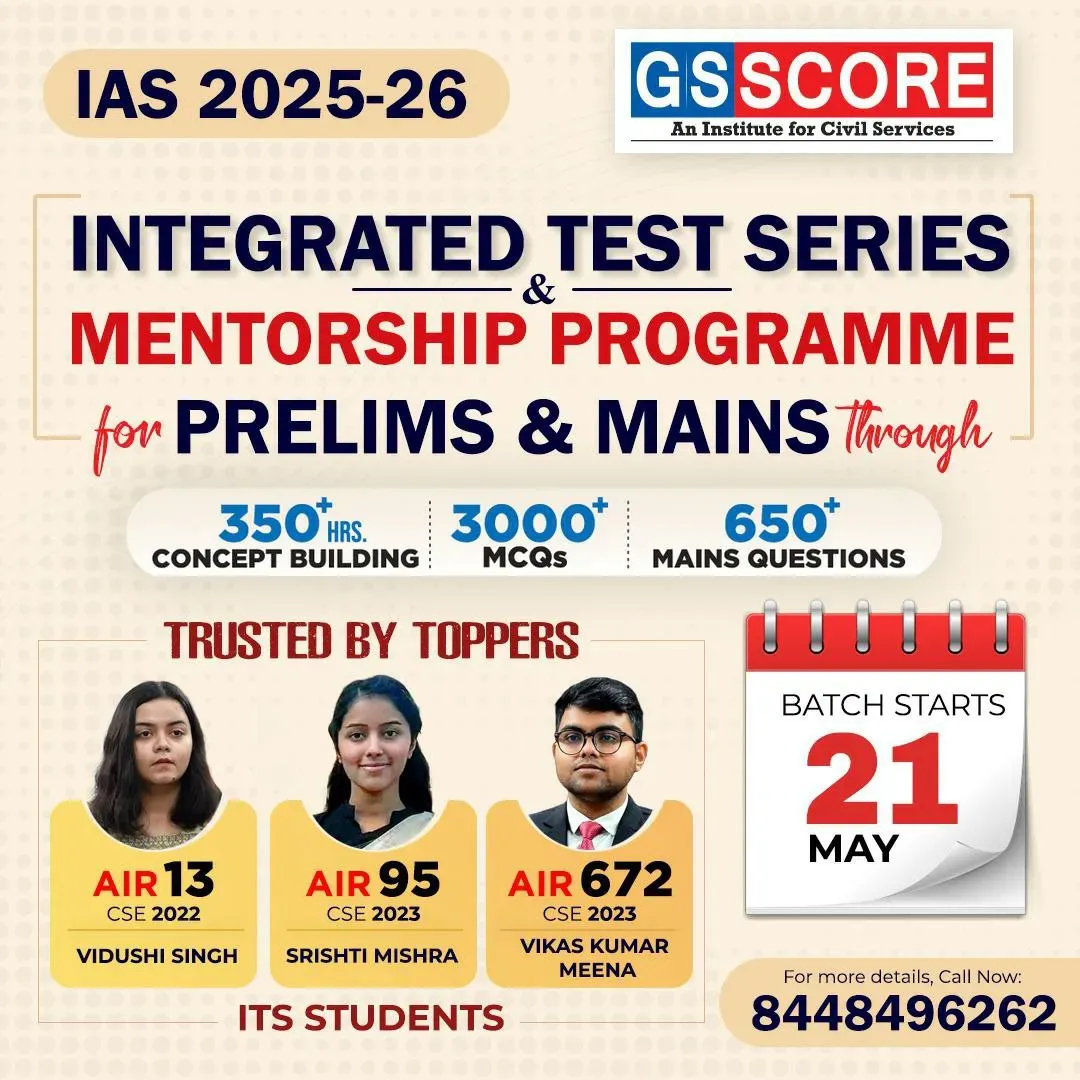

25th January 2023 (7 Topics)
Context:
The decision to replace diverse personal laws with a Uniform Civil Code (UCC), applicable to all Indians, irrespective of religion, gender or caste but still there are several confusions on its applicability.
Questions surrounding the Uniform Civil Code:
- Includes existing marriage laws: Marriage laws are easier to unify, but they too have complexity. The commonly cited issue, polygyny, is a red herring since a few Indians practise irrespective of the religion.
- Criteria to define UCC: Covering all religion and how to merge the different aspects of religious laws and also the point of selection of criteria to define UCC.
- On Individual rights: UCC must be secular and gender-equal on all counts, as women as a vulnerable group will be affected at the most first sight of all reforms.
The difficulties in implementation:
- Merging different religious laws: There is a divergence amongst the Hindu laws, which varies from states; region and culture including Hindus of north India to Hindus of south India, matrilineal Hindus (as in Meghalaya and Kerala) have different inheritance rules from patrilineal Hindus.
- Related to Inheritance rights: Hindu inheritance distinguishes between separate property and coparcenary joint family property, giving coparceners rights by birth. No other personal law makes this distinction.
- Religious instructions and rights: The right to will is unrestricted among Hindus, Christians and Parsis, but Muslim law restricts wills to one-third of the property; and Sunni and Shia Muslims differ on who can get such property and with whose consent.


